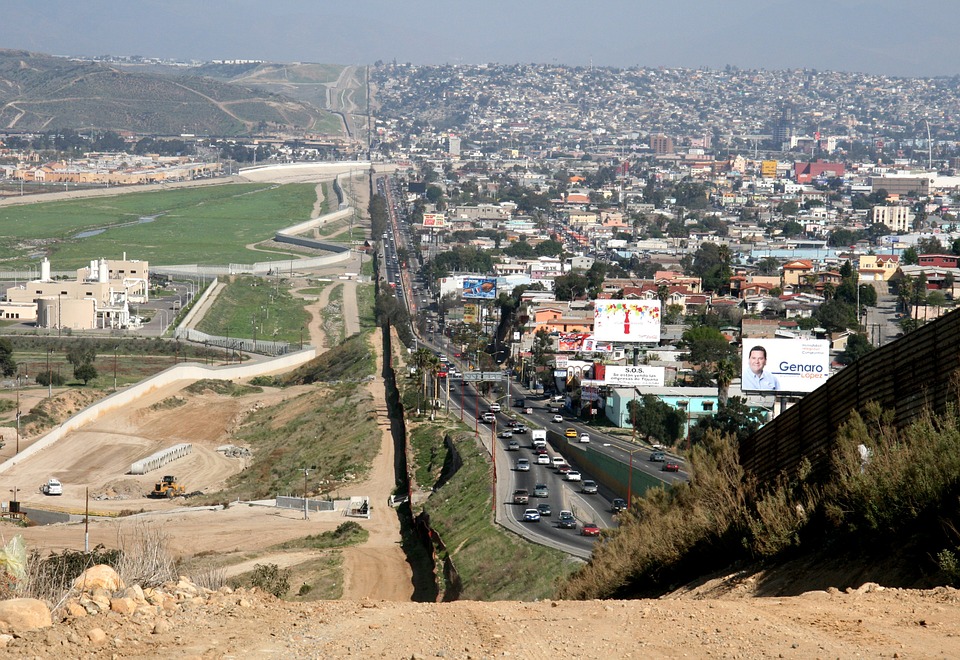
NEW MEXICO – U.S. residents living near the southern border claim they are afraid to report immigration-related crimes to the police, detailing horrific stories of retaliation by Mexican cartels.
“I turned in 700 pounds [of marijuana] up here … I called it in [to Border Patrol]. They went and got it. That night, [the smugglers] came back. They … broke off all the floats off my troughs — chopped ’em up, drained all of it,” Billy Darnell, a cattle rancher in New Mexico, explained to the Washington Examiner.
Unlike other residents in the area, Darnell alerts the Border Patrol and local authorities whenever he sees an incident. However, the Hidalgo County cattle ranger says he has paid the price for talking.
Drug smugglers working for the cartels are constantly crossing the U.S-Mexico border, carrying marijuana and other illicit narcotics with them. Many times, smugglers will camp out and make use of property on the U.S. side of the border, clashing with American ranchers and residents.
After reaching out to residents living near the area, several told the Washington Examiner that reporting immigration-related crimes — such as burglary or finding drugs near their property — to the police can lead to retaliation. Fearing retribution, many of them forgo calling authorities altogether.
“I mix and mingle with these folks a lot,” said Joel Edwards, a Hidalgo County commissioner who said ranchers’ fears of retaliation by the cartels are legitimate. “That’s pretty much a real common feeling out there … I’ve heard it quite a bit in the last few weeks. They’re just scared.”
Another resident, Tricia Elbrock, believes cartel spotters camp out in the hills that overlook her home in Animas, New Mexico, and would know if she attempted to report suspicious activity. Elbrock has reported finding semiautomatic rifles, cellphones and satellite phones. However, she said she never approaches anything that is left on her property because people watching “could pick us off with a rifle.”
News of resident anxiety comes as lawmakers in Congress continue to debate border security and possible construction of a massive border wall.
After undergoing the longest shutdown in U.S. history, President Donald Trump relented and allowed the federal government to reopen in late January. However, Republicans and Democrats on Capitol Hill have until Feb. 15 to reach an agreement or else face another shutdown. It’s not clear if Democrats will allow a comprehensive deal on border security to include funding for a border wall — something Trump has made clear is a deal-breaker.
In the meantime, the president is wielding his executive authority to beef up security on the U.S.-Mexico border. The Pentagon announced Jan. 29 it was sending an additional 2,000 troops to the southwestern part of the border for a mission that will extend until Sept. 30. The Pentagon on Sunday announced another 3,750 U.S. troops to be deployed at the border.
Soldiers will help border agents install barbed wire and assist with other immigration enforcement efforts.
Follow Jason on Twitter.


Comments are closed.